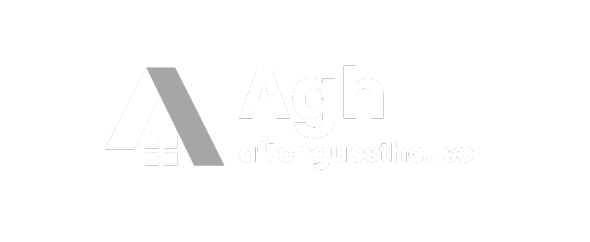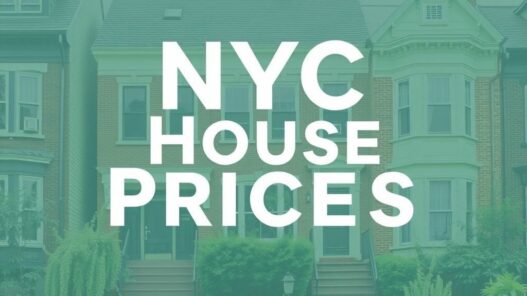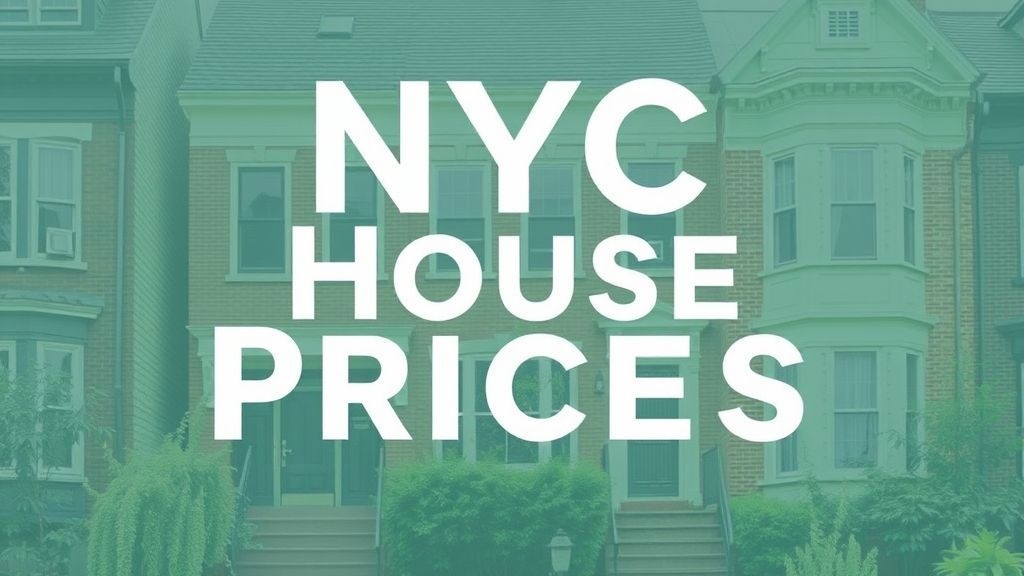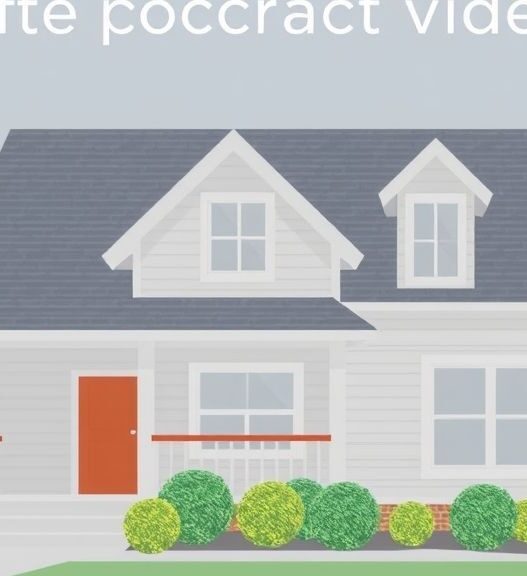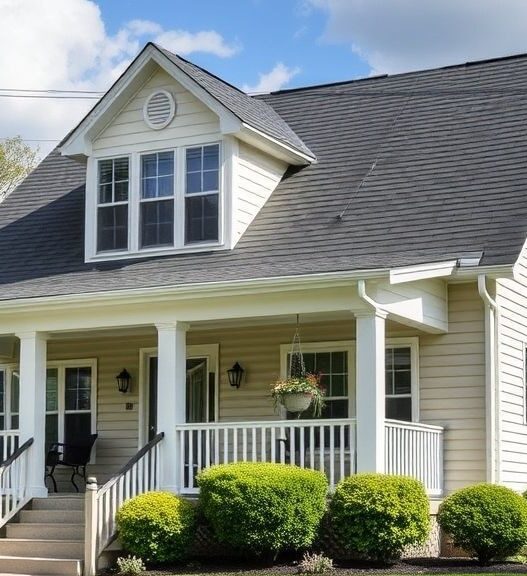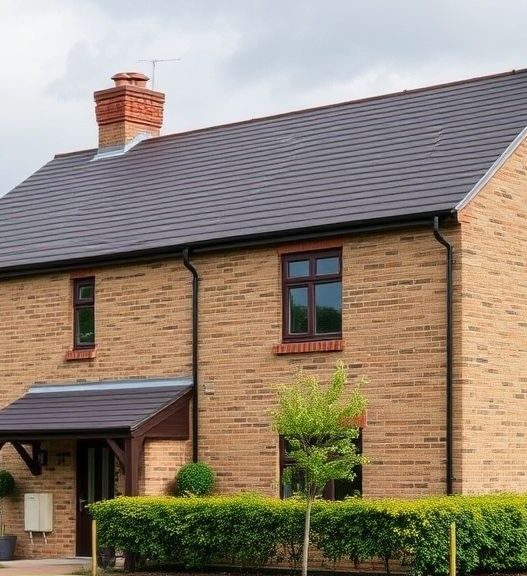Proven Guide: NYC House Prices 2025
Introduction
The New York City real estate market is always dynamic. Many people wonder about future housing costs. Understanding NYC house prices for 2025 is crucial. This guide offers a clear look at what to expect. We will explore key factors influencing the market. You will learn how to prepare for your home buying journey. This information helps both buyers and sellers. It provides insights into the unique NYC market. Future trends can impact your financial decisions. We aim to make complex data easy to understand. This guide is your essential resource. It helps you navigate the exciting world of NYC real estate.
Planning
Buying a home in New York City requires careful planning. The market is competitive. Prices can change quickly. Understanding the landscape is your first step. This section covers vital considerations. These factors will shape NYC house prices in 2025. Being prepared helps you make smart choices. Do your homework before you start. This preparation saves time and money. It also reduces stress during the process.
Key Considerations
- Economic Forecasts: The broader economy greatly impacts housing. Interest rates are a major factor. Higher rates make mortgages more expensive. Inflation also plays a role. A strong economy can boost demand. A weaker economy might slow things down. Watch for reports from financial experts. These reports offer clues about future NYC house prices. They help predict market shifts.
- Neighborhood Trends: New York City is diverse. Each borough and neighborhood has its own market. Manhattan prices differ from Brooklyn. Queens and the Bronx also have unique trends. Some areas are gentrifying rapidly. Others are more established. Research specific neighborhoods you like. Look at recent sales data there. This local insight is very valuable. It helps you understand micro-markets.
- Supply and Demand: The number of available homes matters. New construction adds to supply. Population growth increases demand. If supply is low and demand is high, prices rise. If more homes are built, prices might stabilize. Keep an eye on new development projects. Also, consider population shifts. These dynamics directly affect NYC house prices. They are fundamental market forces.
- Policy Changes: Government policies can influence real estate. Zoning laws affect what can be built. Tax incentives might encourage development. New regulations can impact property values. Stay informed about local government decisions. These changes can create new opportunities. They can also present challenges. Policy shifts are important for future NYC house prices.
- Global Events: New York City is a global hub. International events can affect its market. Economic stability abroad can bring foreign investment. Geopolitical tensions might reduce it. Global financial markets are interconnected. NYC real estate often reflects these connections. Keep a broad perspective. World events can have local impacts. They influence the overall market sentiment.
Cost Analysis
Understanding the financial aspect is critical. NYC house prices are known for being high. However, values vary greatly. This section breaks down typical costs. We will compare prices across different areas. This helps you set a realistic budget. It also shows where your money goes. Knowing the numbers empowers you. You can then make informed decisions.
Price Comparison
Property values in NYC depend on many factors. Location is paramount. Property type also matters. A studio apartment costs less than a family home. Amenities and condition play a role too. The following table gives a general idea. It shows average prices for different areas. These figures are estimates for 2025. They help illustrate the market’s diversity. Remember, actual prices can vary. Always consult with a local real estate agent. They provide the most current data. This table offers a starting point. It helps you visualize potential NYC house prices.
| Borough/Area | Property Type | Estimated Average Price (2025) |
|---|---|---|
| Manhattan (Midtown) | 1-Bedroom Condo | $1,200,000 – $1,800,000 |
| Brooklyn (Park Slope) | 2-Bedroom Co-op | $850,000 – $1,300,000 |
| Queens (Astoria) | Studio Apartment | $450,000 – $650,000 |
| Bronx (Riverdale) | 3-Bedroom House | $700,000 – $1,100,000 |
| Staten Island (Tottenville) | Single-Family Home | $550,000 – $800,000 |
These figures reflect the high demand. They also show the limited space in NYC. Manhattan remains the most expensive. Brooklyn offers diverse options. Queens provides more affordable entry points. The Bronx and Staten Island can offer more space. They often come with lower price tags. These estimates for NYC house prices are subject to change. Market conditions evolve constantly. Stay updated with current listings. This will give you the best picture.
Beyond the purchase price, consider other costs. Closing costs can add 2-5% of the price. Property taxes are ongoing expenses. Maintenance fees are common for condos and co-ops. These additional costs impact your total budget. Factor them into your financial planning. They are a significant part of homeownership. Understanding all expenses is key. It ensures you are fully prepared.
Step-by-Step Guide
Buying a home in NYC can feel overwhelming. This step-by-step guide simplifies the process. It breaks down the journey into manageable parts. Follow these instructions carefully. They will help you navigate the market. Each step is important for a successful purchase. This guide is designed for clarity. It uses short, simple sentences.
DIY Instructions
1. Define your budget clearly. Know how much you can afford. Consider your savings and income. Factor in all potential costs. This includes the down payment. It also includes closing costs. Do not forget ongoing expenses.
2. Get pre-approved for a mortgage. This shows lenders your eligibility. It also tells you your maximum loan amount. Pre-approval strengthens your offer. Sellers prefer pre-approved buyers. It makes your offer more serious.
3. Research neighborhoods thoroughly. Look beyond just the price. Consider commute times. Check out local schools. Explore amenities like parks and shops. Find an area that fits your lifestyle. This research is very important.
4. Find a reliable real estate agent. Choose an agent specializing in NYC. They know the local market well. They can find suitable properties. An agent negotiates on your behalf. They guide you through paperwork.
5. Start viewing properties actively. Visit open houses. Schedule private showings. Take notes on each property. Compare features and conditions. Imagine living in each space.
6. Make a competitive offer. Your agent will help you. The offer includes the price. It also lists any contingencies. Be prepared for negotiations. The market for NYC house prices is competitive.
7. Conduct thorough inspections. Hire a professional inspector. They check the property’s condition. They look for structural issues. They identify potential problems. This step protects your investment.
8. Secure your financing. Work closely with your lender. Provide all requested documents promptly. Finalize your mortgage agreement. This is a critical step.
9. Close the deal. Sign all necessary documents. Transfer funds for the purchase. Receive the keys to your new home. Congratulations, you are now a homeowner!
Maintenance Tips
Owning a home in NYC is a significant investment. Protecting that investment is crucial. Regular maintenance keeps your home in top shape. It also helps preserve its value. This section provides essential tips. These tips ensure long-term care. They help you avoid costly repairs later. Proactive maintenance saves money. It also provides peace of mind.
Long-Term Care
- Perform regular inspections. Walk through your home often. Look for small issues. Check for leaks or cracks. Inspect appliances and systems. Early detection prevents major problems. This simple habit saves you money.
- Address small issues promptly. Do not let minor problems grow. Fix dripping faucets quickly. Repair loose tiles immediately. Small repairs are less expensive. They prevent bigger damage. This keeps your home well-maintained.
- Consider energy efficiency upgrades. Update old windows. Improve insulation. Install energy-efficient appliances. These upgrades save on utility bills. They also increase your home’s value. This is a smart long-term investment.
- Maintain landscaping and curb appeal. Keep your exterior tidy. Trim trees and shrubs. Clean gutters regularly. A well-maintained exterior boosts value. It also makes your home more inviting. First impressions matter greatly.
- Budget for future repairs. Set aside money each month. Unexpected repairs can happen. Having a fund prevents financial stress. This ensures you are prepared. It is a wise financial practice.
Conclusion
Navigating the NYC real estate market requires knowledge. This guide provided a comprehensive overview. We explored key factors influencing NYC house prices in 2025. We discussed economic trends and neighborhood specifics. We also looked at supply and demand. Understanding these elements is vital. It helps you make informed decisions.
The cost analysis section offered price comparisons. It highlighted the diverse values across boroughs. The step-by-step guide simplified the buying process. It broke down complex tasks into easy steps. Finally, maintenance tips emphasized long-term care. These practices protect your valuable investment.
Remember, the NYC market is unique. It is always evolving. Stay informed about current trends. Consult with local real estate professionals. Their expertise is invaluable. With careful planning and research, your dream of owning a home in NYC can become a reality. This guide is your starting point. It empowers you to move forward confidently.

